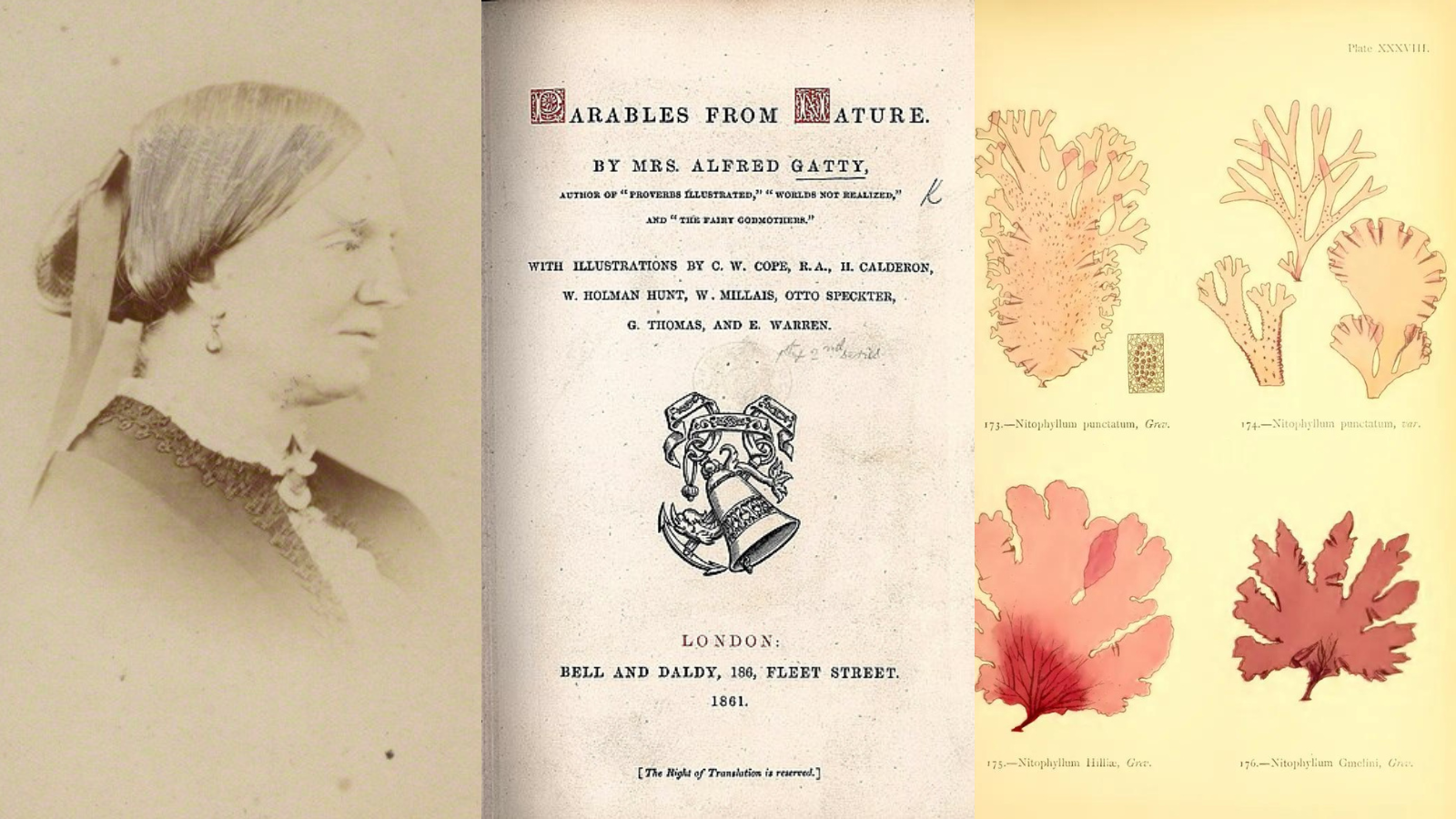


Parables from Nature: A Profile of Margaret Gatty

Stephen Meyer: Evidence of Mind in The Natural World

Uncovering the Hidden Mathematical Structure of the Universe

Kepler’s Pursuit of a Mathematical Cosmology

Thinking God’s Thoughts: Kepler and Cosmic Comprehensibility

The Return of Natural Theology

Astrophysicist Bijan Nemati on Why Intelligent Design Matters
On today’s ID the Future, astrophysicist and intelligent design proponent Bijan Nemati shares the first part of his story of science and faith. Those who follow Discovery Institute’s Center for Science and Culture may know Nemati from his appearance in the popular ID documentary The Privileged Planet. Born and raised in Iran, he moved to the United States shortly before the Iranian revolution, became an atheist in college, but eventually found his way to a strong religious faith, in part through his exposure to the scientific evidence for intelligent design, first in biology and then in cosmology. Along the way he landed a high-level job with NASA’s Jet Propulsion Laboratory (JPL) and became a leading expert in space interferometer telescopes and the science and technology of detecting earth-like planets. Tune in as he shares with host Eric Anderson his journey of discovery.

Casey Luskin and Adam Shapiro Debate Intelligent Design, Pt. 2
This ID the Future continues the debate between design theorist Casey Luskin, an editor of The Comprehensive Guide to Science and Faith, and science historian Adam Shapiro, co-author of Science and Religion: A Very Short Introduction. Justin Brierley, of the popular British debate program Unbelievable?, hosts. In this second half of the conversation, Shapiro argues that intelligent design’s popularity seems to have waned. Casey Luskin counters, arguing that the number and frequency of New York Times articles on ID is a superficial metric and that the ID research program is exploding, with the number of peer-reviewed ID papers growing every year, and the number of interested graduate students, ID hubs, and conferences expanding around the world, including ID conferences attended by high-level scientists, including Nobel Laureates. Luskin and Shapiro also discuss religious and academic freedom as it relates to the teaching of evolution and intelligent design in the classroom. Shapiro is actually more sanguine than Luskin about the freedom of high school biology teachers to teach intelligent design. Luskin, who has both a PhD in geology and a law degree, strongly advises high school biology teachers in public schools against teaching ID in the classroom. Instead, he says, the better and legally safer approach is to teach evolutionary theory comprehensively, covering both the evidence for it but also some of the evidence in the peer-reviewed literature against it. Luskin and Shapiro also part company on the nature of the intelligent design argument, with Shapiro suggesting that in practice it often amounts to a presenter highlighting some amazing feature in biology and then giving glory to God. Luskin pushes back, reiterating that intelligent design is an argument based on positive evidence, and is an argument to the best explanation–intelligent design–one that employs standard methods of scientific reasoning. This program is presented here with permission of Justin Brierley. To see this and other Unbelievable? episodes, go here. The first half of this conversation can be found here.

Casey Luskin and Adam Shapiro Debate Intelligent Design, Pt. 1
On today’s ID the Future, design theorist Casey Luskin, an editor of The Comprehensive Guide to Science and Faith, and science historian Adam Shapiro, co-author of Science and Religion: A Very Short Introduction, debate the meaning and prospects of intelligent design. Here in this first half of their conversation with host Justin Brierley of the Unbelievable? podcast, the focus is on how the term intelligent design is used, or misused, and its relationship to theological issues. The interview is used by permission of Justin Brierley.